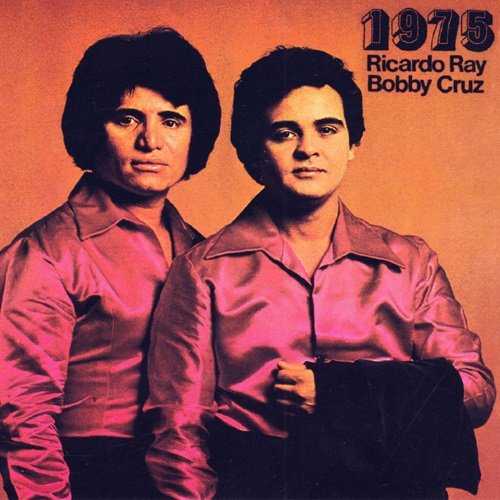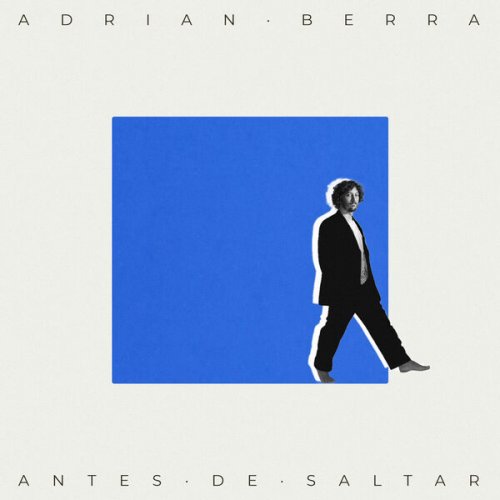Christophe Sirodeau - Ullmann: The Complete Piano Music (2014)
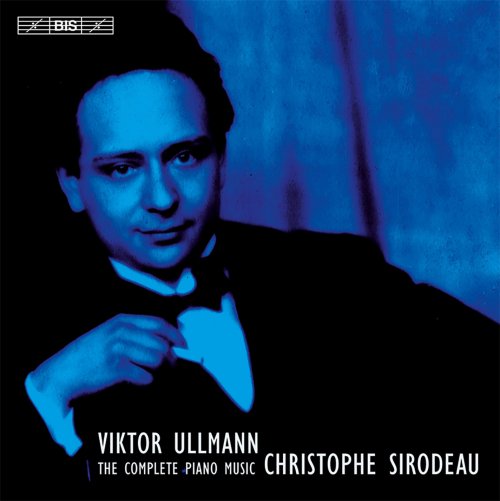
Artist: Christophe Sirodeau
Title: Ullmann: The Complete Piano Music
Year Of Release: 2014
Label: Ullmann: The Complete Piano Music
Genre: Classical Piano
Quality: flac lossless
Total Time: 02:05:03
Total Size: 390 mb
WebSite: Album Preview
TracklistTitle: Ullmann: The Complete Piano Music
Year Of Release: 2014
Label: Ullmann: The Complete Piano Music
Genre: Classical Piano
Quality: flac lossless
Total Time: 02:05:03
Total Size: 390 mb
WebSite: Album Preview
CD1
01. Piano Sonata No. 1, Op. 10: I. Molto agitato
02. Piano Sonata No. 1, Op. 10: II. Andante. Quasi marcia funebre
03. Piano Sonata No. 1, Op. 10: III. Adagio - Presto
04. Piano Sonata No. 2, Op. 19: I. Allegro energico e agitato
05. Piano Sonata No. 2, Op. 19: II. Thema. Moderato - Variationen 1-9
06. Piano Sonata No. 2, Op. 19: III. Prestissimo
07. Piano Sonata No. 3, Op. 26b: I. Allegro grazioso, ma agitato
08. Piano Sonata No. 3, Op. 26b: II. Scherzo. Allegro violente
09. Piano Sonata No. 3, Op. 26b: III. Variationen über ein Thema von Mozart - Fuge. Allegro giocoso
10. Piano Sonata No. 4, Op. 38: I. Allegro vivace - Mäßige Achtel
11. Piano Sonata No. 4, Op. 38: II. Adagio
12. Piano Sonata No. 4, Op. 38: III. Finale. Vivace molto - Presto
CD2
01. Piano Sonata No. 5, "Von meiner Jugend", Op. 45: I. Allegro con brio
02. Piano Sonata No. 5, "Von meiner Jugend", Op. 45: II. Andante - Più adagio
03. Piano Sonata No. 5, "Von meiner Jugend", Op. 45: III. Toccatina. Vivace
04. Piano Sonata No. 5, "Von meiner Jugend", Op. 45: IV. Serenade. Comodo - Più allegro
05. Piano Sonata No. 5, "Von meiner Jugend", Op. 45: V. Finale fugato. Allegro molto
06. Piano Sonata No. 6, Op. 49a: I. Allegro molto - Andante poco adagio
07. Piano Sonata No. 6, Op. 49a: II. Allegretto grazioso
08. Piano Sonata No. 6, Op. 49a: III. Presto, ma non troppo
09. Piano Sonata No. 6, Op. 49a: IV. Tempo I
10. Piano Sonata No. 7: I. Allegro, gemächliche Halbe
11. Piano Sonata No. 7: II. Alla marcia, ben misurato
12. Piano Sonata No. 7: III. Adagio, ma con moto
13. Piano Sonata No. 7: IV. Scherzo. Allegretto grazioso
14. Piano Sonata No. 7: V. Variationen und Fuge über ein hebräisches Volkslied
15. Variations and Double Fugue on a Theme by Arnold Schoenberg, Op. 3a: Thema
16. Variations and Double Fugue on a Theme by Arnold Schoenberg, Op. 3a: Doppelfuge
Set up for propaganda purposes as a model Jewish settlement, the Theresienstadt concentration camp has become a symbol of the immense cynicism that the Nazi regime was capable of. At the same time, the composers and artists incarcerated there, and their endeavours to continue their creative work under such conditions, have come to be regarded as a shining example of how art can transcend life and its everyday realities. While acknowledging all of this, Christophe Sirodeau in his illuminating liner notes states his own aim in making this recording: Viktor Ullmann should be studied and played not as a victim of the Nazis but on his own merits, which in my opinion earn him an illustrious place in twentieth-century music. Although the release of this two-cd set of Ullmanns piano music coincides with the 70th anniversary of the composers death, it is thus rather intended as a celebration of his life and work as a composer from the Schoenberg Variations, which in their very first incarnation saw the light of day in 1929, to Piano Sonata No.7, completed a few weeks before Ullmanns final deportation and death in Auschwitz. The seven piano sonatas sum up the composers highly individual style, on the edge of both the traditional tonal system and of Schoenbergs method. The first four, composed in Prague before Ullmanns deportation, pay tribute respectively to Mahler, Janácek, Mozart and, more obliquely, Bartók. But also in the three sonatas that he wrote in Theresienstadt, Ullmann includes references to other composers and compositions. Most impressively this occurs in the Finale of the Seventh, entitled Variations and Fugue on a Hebrew Folksong. The imposing closing fugue also makes conspicuous use of the BACH motif, a Hussite chorale and the Lutheran chorale Nun danket alle Gott, testifying, in Christophe Sirodeaus opinion to a desire to reaffirm faced with the Nazi refusal to accept Jews who had been integrated into German culture for centuries that he, Viktor Ullmann, was completely devoted to the long-lasting German cultural heritage under the circumstances a true composers gesture of resistance.

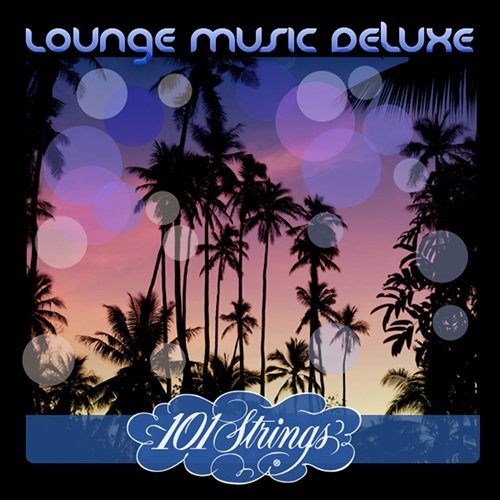
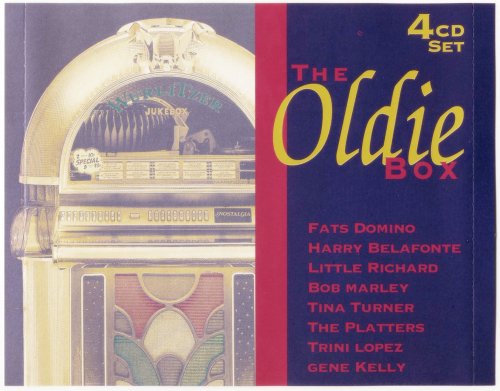
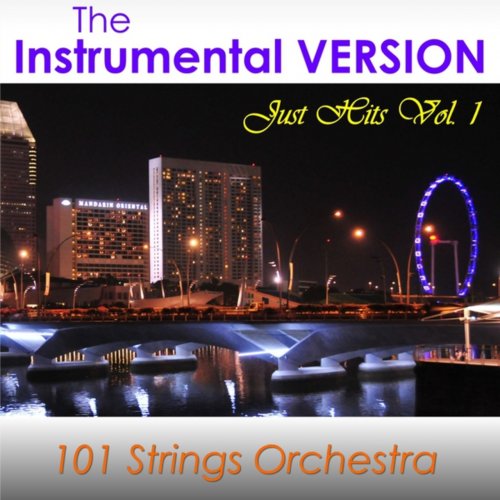
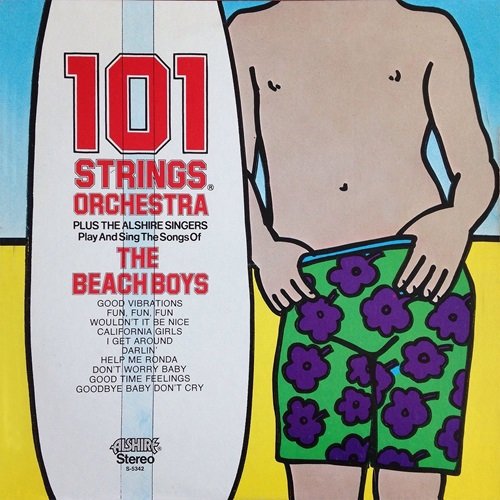
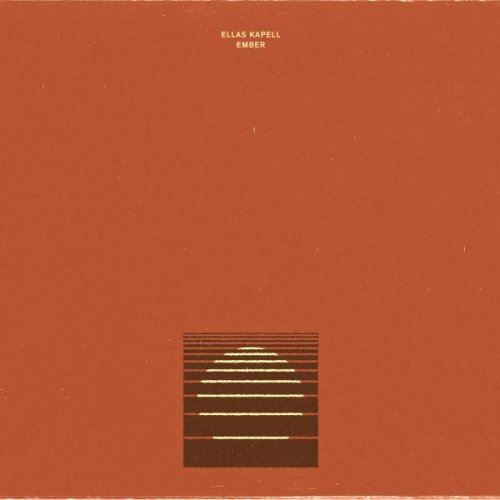
![Andrea Braido - An Evening with Andrea Braido Trio Live! (2026) [Hi-Res] Andrea Braido - An Evening with Andrea Braido Trio Live! (2026) [Hi-Res]](https://www.dibpic.com/uploads/posts/2026-03/1772441152_cover.jpg)
